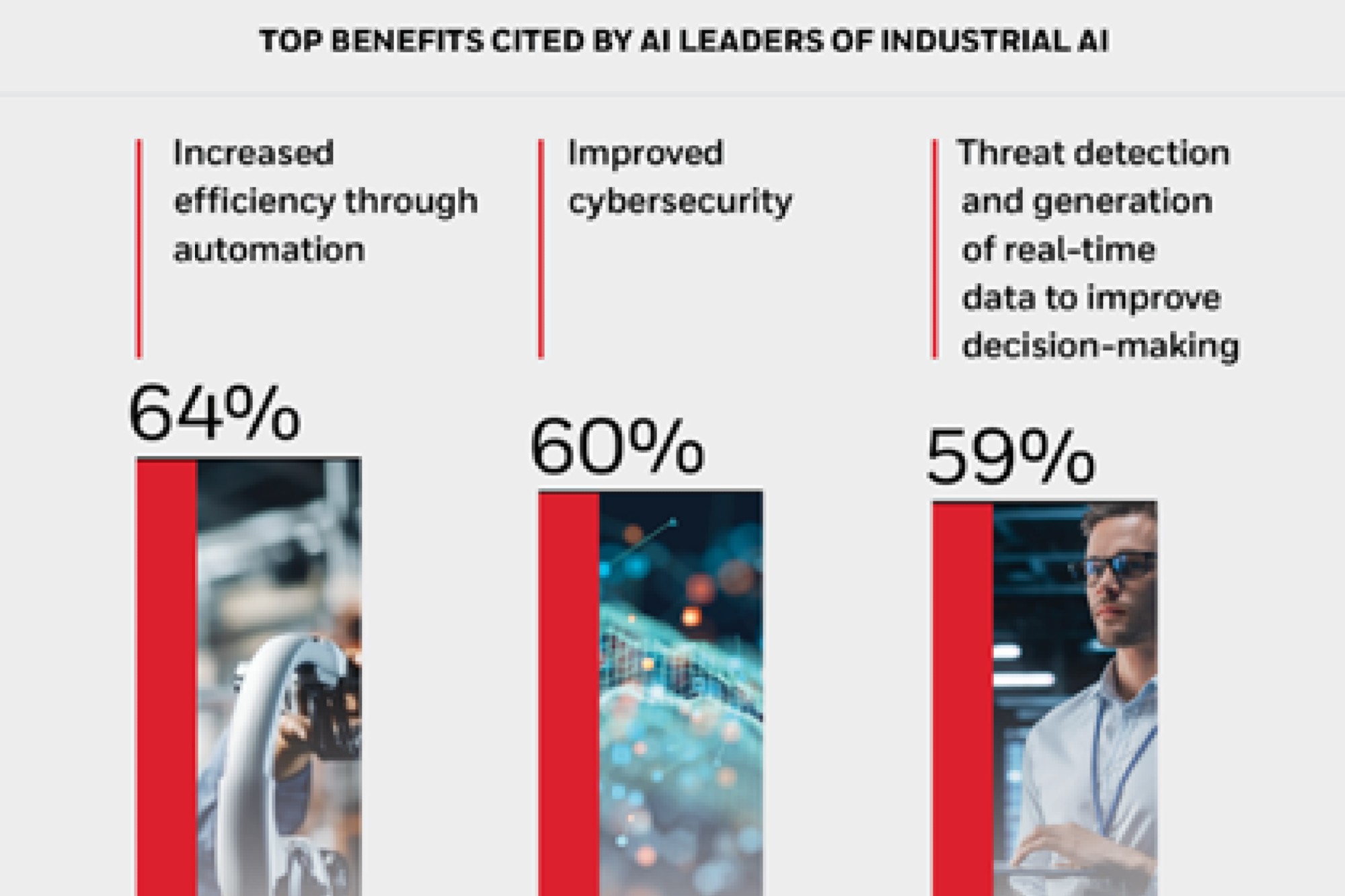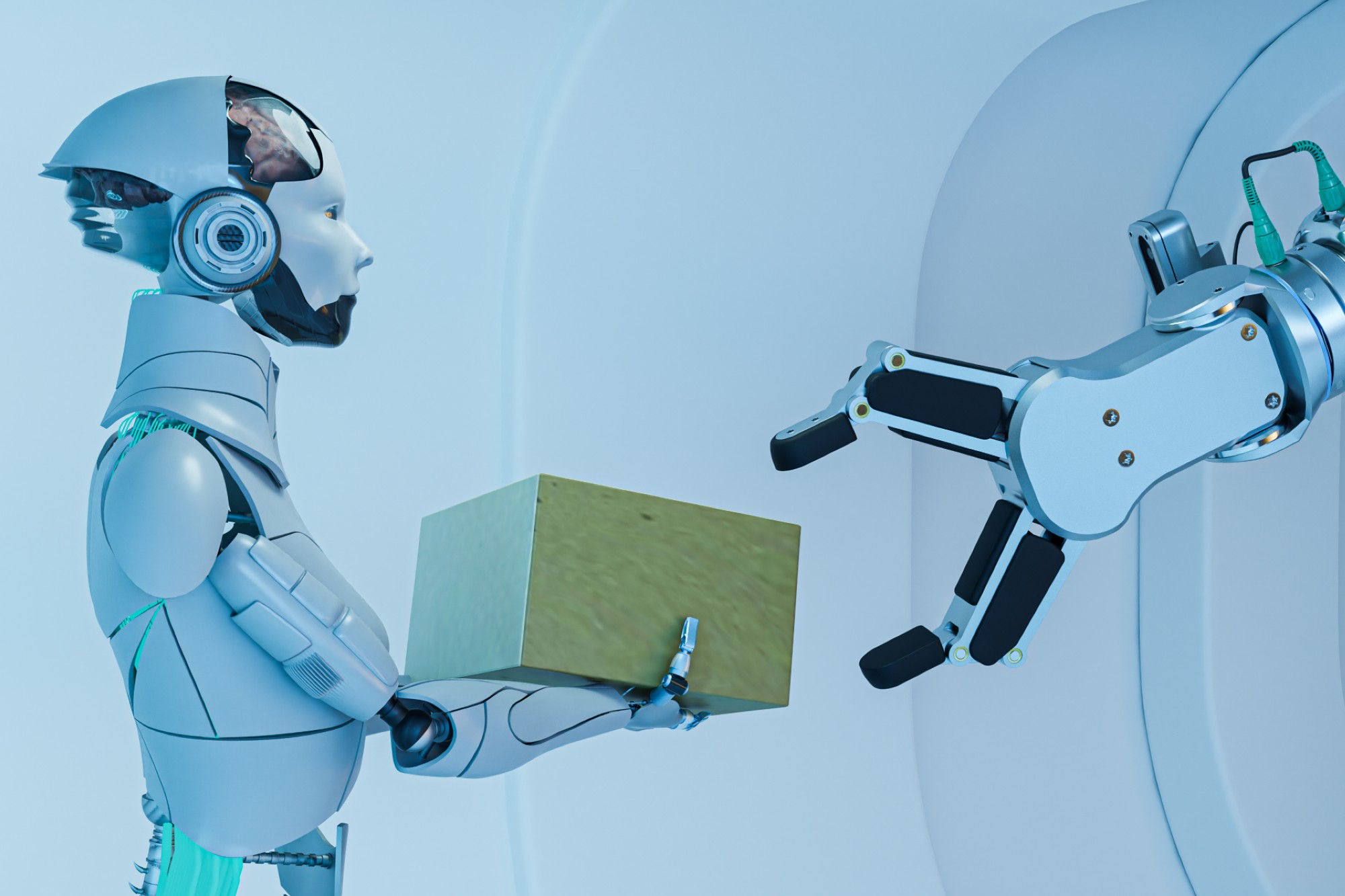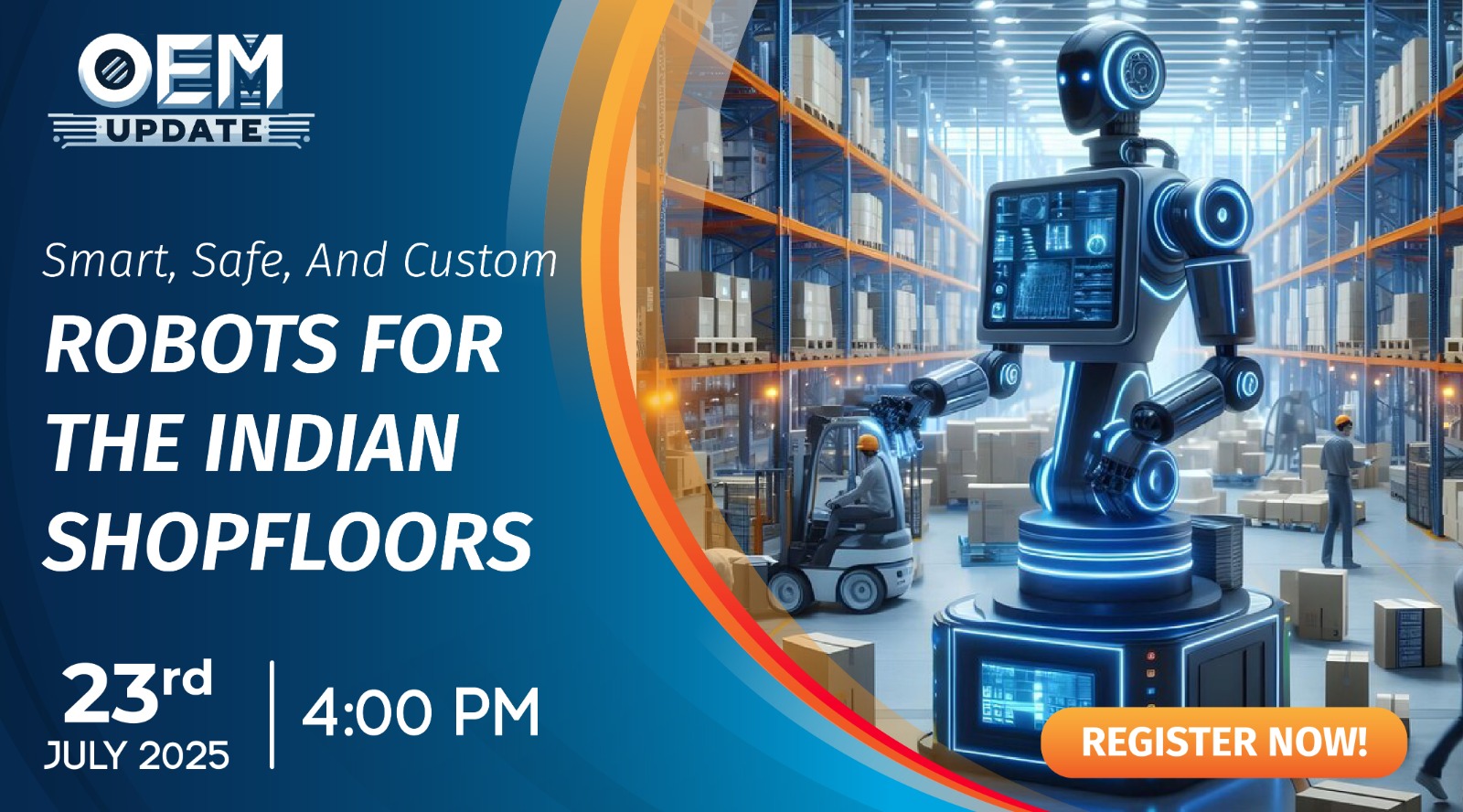Industrial AI discovering new use cases of sector
By OEM Update Editorial July 23, 2024 5:47 pm IST
Al is uptaking and 9 out of 10 companies in India are open to paying more to attract AI engineers as per Honeywell Research.
Honeywell released the findings of its Industrial AI Insights global research study, which captures the state of artificial intelligence (AI) in the sector. While only 17 percent of AI decision-makers around the world have fully implemented their initial AI plans, more than 9 in 10 say they are uncovering unexpected new use cases, whether they are in the prototyping, launch, or scaling stages of AI implementation.
The research also finds they’re “sold” on AI for industrial applications. The enthusiasm for a deeper commitment to AI investment is nearly universal, with 94 percent of those surveyed saying they have plans to expand their utilisation of AI.
Kevin Dehoff, Honeywell’s Chief Strategy Officer, said, “There is no question that AI is currently at a pivotal moment. With the advent of Gen AI and more sources of data from advanced analytics, industrial AI is poised to grow exponentially, and the possibilities are endless for revenue growth and employee satisfaction.”
AI adoption in India
The research shows that 29 percent of Indian companies have fully launched their AI strategy, with 27 percent valuing data as their most important asset. The most promising use cases for AI are improved efficiency, productivity, and data availability for decision-making. 88% of Indian enterprises expect to pay more to attract the right talent pool of AI engineers.
AI Unlocks Workplace Benefits
When asked for their thoughts on the impact of AI on industrials, nearly two-thirds (64 percent) of AI leaders cited efficiency and productivity gains among the most promising benefits. Sixty percent say improved cybersecurity and threat detection result from AI and 59 percent report better decision making due to real-time data generation.
Several other benefits of AI for workers were also cited by respondents, including increased work flexibility (49 percent). Greater job satisfaction (45 percent) More time for skill development and creative thinking (44 percent). Increased workplace safety (39 percent).
Skills development is crucial in the current economy, with baby boomers retiring and fewer replacements entering the workforce. Through AI, employers can more quickly upskill and reskill workers. AI will transform industries as it enables workers to perform jobs at higher levels, providing greater job satisfaction while increasing productivity and addressing the skills shortage.
Lucian Boldea, President and CEO of Honeywell Industrial Automation, offered one direct example: “There can be tens of thousands of instruments, equipment, and valves needed to process and manufacture a product, and many of the parts we supply manufacturers require highly experienced technicians for operation and maintenance, and there are fewer and fewer of those experienced technicians available. With AI training and AI as a “co-pilot,” the skills of less experienced technicians can more quickly be upgraded, turning them into more elite experts that perform tasks based on enterprise knowledge and best practices. In turn, plant operations can run more safely and reliably by dramatically reducing human error.”
What’s Next for AI
While the enthusiasm for AI to expand is palpable, there are still some challenges in the way of full adoption. More than a third of survey respondents (37 percent) feel that their C-Suite fully doesn’t understand how AI works, and almost half (48 percent) say they are having to continually justify or request resources needed to implement AI plans.
“Businesses of all types recognise that AI is transforming our world and creating new possibilities. For building operations, such as hospitals, campuses, and offices, it is clearly the future. As AI orchestrates controls that regulate HVAC, lighting, and electricity usage, it helps to improve safety, operational, and sustainability outcomes,” said Billal Hammoud, President and CEO of Honeywell Building Automation.
All of this suggests that the pace of change will be driven by compelling use cases that can be measured in terms of improved business performance. As new solutions demonstrate clear benefits to workforce productivity, safety, and reliability, AI adoption will dramatically increase, with the potential to transform industrial operations.
Methodology
Honeywell commissioned Wakefield Research to survey AI leaders around the world. The online survey, which was conducted from April 22 through May 2, 2024, involved 1,600 executives in 12 global markets (US, Brazil, Canada, China, France, Germany, India, Japan, Mexico, the United Kingdom, the Kingdom of Saudi Arabia, and the United Arab Emirates). Each respondent works at a company with at least 1,000 employees that is currently using AI to automate processes and tasks. All respondents are influencers or decision-makers related to the use of AI within their departments or across their organisations.
To learn more about the survey results and Honeywell’s work in AI and automation, please visit www.honeywell.com/us/en/ai/research.Cookie Consent
We use cookies to personalize your experience. By continuing to visit this website you agree to our Terms & Conditions, Privacy Policy and Cookie Policy.









